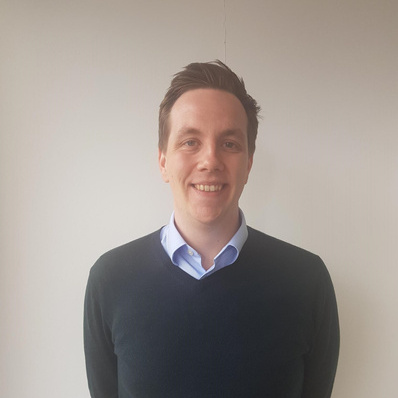Rare Disease Day: A new perspective on quality of life
This year’s Rare Disease Day is a little different. Most years there would be events in Parliament, receptions and press events on Potters Fields near Tower Bridge. However, owing to the ongoing COVID-19 pandemic, none of those events is happening in quite the same way as before.
Life has been turned upside down by COVID-19. No trips to restaurants or the theatre, worries about illness and infection, difficulty getting to see friends and loved ones and the monotony of being stuck inside with little to do. For many, this has resulted in a new found appreciation of what gives life meaning. For me personally, getting out into the garden helped me get through 2020. The simple joy of sowing seeds and harvesting things I have grown was a real comfort. But I was very conscious that this was an opportunity many do not have.
For people with rare diseases and their carers, this is their normal lived experience, often severely constrained by their condition. Things that many of us take for granted – like eating a hamburger or walking the dog – are impossible or exceedingly difficult.
Science is now creating medicines for previously debilitating conditions and for rare diseases new treatments are becoming available for which there was previously no treatment. These can open up a new world for people with rare diseases and their families, which they would never have access to before.
However, assessing the value of these medicines is notoriously tricky. Historically, value has focused on things like extending life. More recently, the National Institute for Health and Care Excellence (NICE) – which assesses the value and cost-effectiveness of medicines – has tried to broaden this assessment through measures like the Quality Adjusted Life Year (QALY). But there remain concerns that this focuses too heavily on cost and not on what people actually value from treatments. While there are clear benefits for patients, the appraisal process is ill-equipped to assess the softer elements of value that we now as society more clearly appreciate having lived with COVID-19 restrictions for a year.
Recently, the BIA published A Rare Chance for Reform in collaboration with PwC, which sets out how the medicines assessment process can work to help make medicines for rare diseases more readily and quickly available to those who can benefit from them. Going forward from this unique Rare Disease Day, we will be continuing to work with NICE and others to advance these proposed changes and to highlight the need for a broader understanding of value in the assessment of medicines for rare diseases.
.png)
.png)
